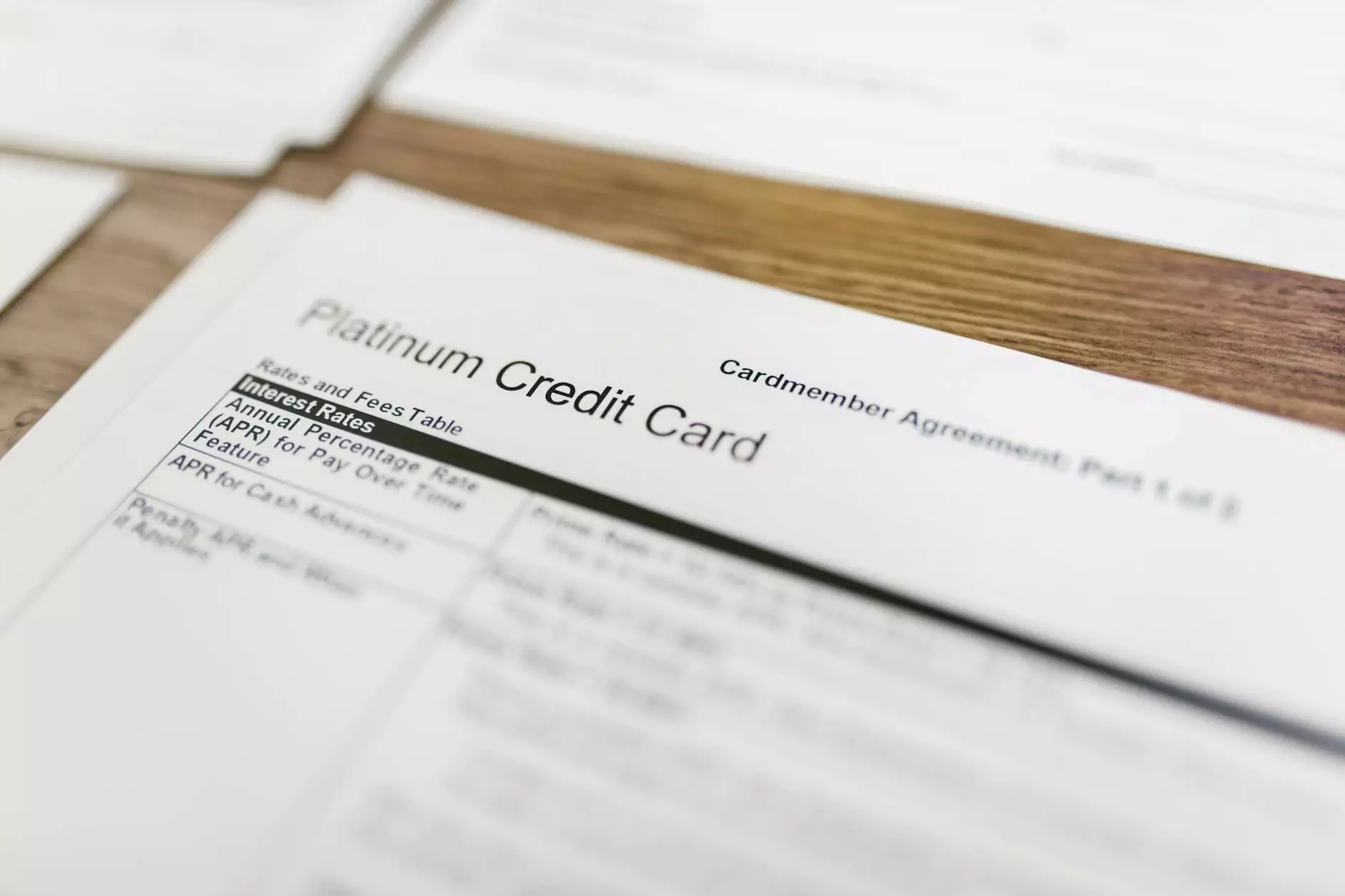Understanding Bad Faith Homeowners Insurance Claims

What Are Bad Faith Homeowners Insurance Claims?
The phrase "bad faith homeowners insurance claims" refers to scenarios in which an insurance company fails to uphold its contractual duties to a policyholder. This includes actions that indicate dishonesty, negligence, or unjust treatment while handling claims submitted by homeowners. Such misconduct can lead to significant challenges for policyholders, as they rely on their insurance for financial protection in times of need.
The Importance of Homeowners Insurance
Homeowners insurance is vital for anyone owning or renting property. It serves as a safety net against financial losses that may arise from various unforeseen events, such as:
- Fire: Coverage for damage caused by fire incidents.
- Theft: Protection against losses resulting from burglary.
- Natural Disasters: Coverage for damages from specified storms or flooding.
- Liability: Protection against legal claims for injuries occurring on your property.
Understanding the scope of your homeowners insurance is crucial, as it determines both your coverage and the extent to which you can file claims when needed.
Recognizing Bad Faith Insurance Practices
Insurance companies are legally obligated to act in good faith. When they fail to do so, they may engage in practices that are considered bad faith. Common tactics include:
- Denial of Claims: Rejecting a legitimate claim without sufficient justification.
- Delayed Payment: Prolonging the claims process unnecessarily, causing financial strain on the homeowner.
- Inadequate Investigation: Failing to properly investigate a claim before reaching a decision.
- Misrepresentation of Policy Terms: Providing incorrect details about what is covered under the policy.
These actions can lead to financial losses for homeowners and can make navigating the claims process arduous and frustrating.
The Legal Framework Surrounding Bad Faith Insurance Claims
Consumers have legal protections against bad faith insurance practices. Most states have laws addressing unfair insurance practices, enabling policyholders to take legal actions against insurers who act in bad faith. Here are some important aspects of the legal framework:
- Duty to Act in Good Faith: Insurers must handle claims with honesty and fairness.
- Remedies for Policyholders: Victims of bad faith practices may sue for damages, which may include compensation for emotional distress, punitive damages, and attorney fees.
- Documentation is Key: Homeowners must document all interactions with their insurance companies, including emails, letters, and phone call records.
Being aware of your legal rights and the obligations of your insurer can empower you to tackle bad faith practices more effectively.
Steps to Take If You Suspect Bad Faith Practices
If you believe your insurer is engaging in bad faith homeowners insurance claims, consider taking the following steps:
- Document Everything: Keep detailed records of your communication with the insurance company.
- Review Your Policy: Understand the terms of your policy to verify the validity of the claim.
- File a Complaint: If necessary, file a complaint with your state’s insurance department.
- Consult with a Legal Expert: Consider reaching out to an attorney who specializes in insurance law to explore your options.
How to Protect Yourself from Bad Faith Homeowners Insurance Claims
While it is impossible to completely eliminate the risk of encountering bad faith claims, you can take proactive measures to safeguard your interests:
- Choose Your Insurer Wisely: Research insurance companies thoroughly, looking for reviews and ratings.
- Understand Your Coverage: Always read and understand your policy details before signing.
- Communicate Clearly: Maintain open communication with your insurer and document all correspondence.
- Be Prepared: Prepare yourself for the possibility of a claim denial, and know your rights.
When to Seek Legal Assistance
There are times when the help of a legal professional becomes necessary. If you face repeated claim denials, long delays, or feel overwhelmed by your insurer’s tactics, it’s advisable to consult with a lawyer specializing in property claims. They can assist in evaluating your situation and guide you through the process of protecting your rights.
Conclusion
In conclusion, understanding bad faith homeowners insurance claims is crucial for every homeowner. The intertwining of homeowners insurance and the potential for bad faith actions by insurers showcases the importance of being informed, vigilant, and proactive. By knowing your rights and the obligations of your insurance provider, you can better navigate the claims process and protect yourself from potential bad faith practices. Remember, awareness and education are your best tools when facing the complexities of insurance claims.
For more information and resources related to property claims and legal assistance, visit propertyclaimlaw.com.









